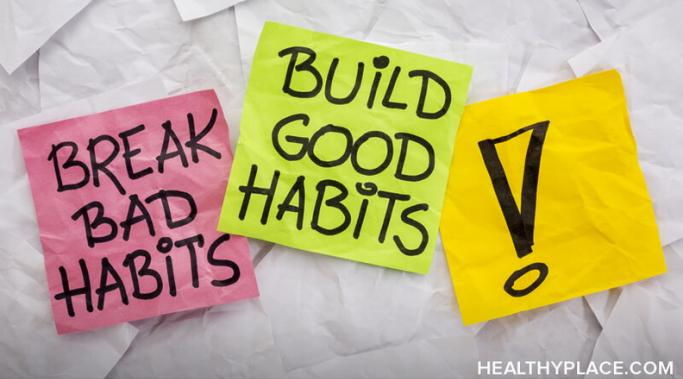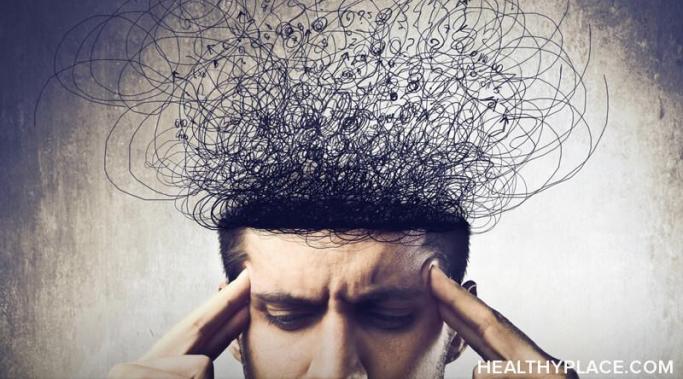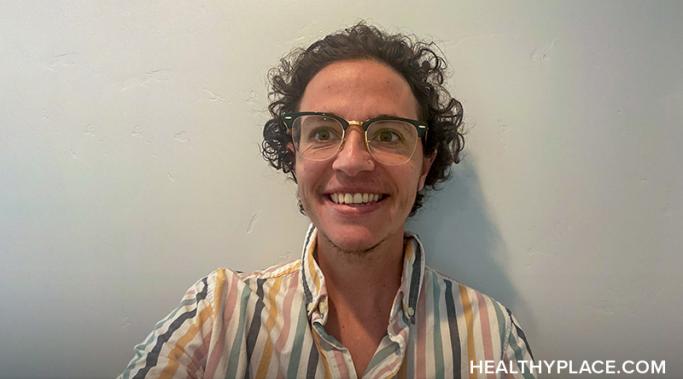Blogs
Creating a morning routine matters. Mornings can be tough when you have a mental illness. Warm covers, an hour of scrolling, and total denial of responsibilities used to be my go-to routine. While indulging in my escapism, I unknowingly set myself up for an unbalanced day. Now I've realized it's much harder to have a bad day when I've had a good morning, so building a healthy morning routine that helps my mental health has been essential in my recovery journey.
Moving forward to a life without verbal abuse can be challenging. It can be hard to break free from the abuser, find healthier relationships, and receive the love and respect you deserve. There is no designated timeframe to minimize the effects of verbal abuse in your life. Some people, like myself, go through years of therapy, while others may have an easier time with their healing journey to a life without verbal abuse.
Do you ever struggle to focus on work-related tasks because of bipolar disorder? A lack of focus and distractibility can occur in people who experience bipolar disorder and its episodes of mania and depression in bipolar disorder. These issues have affected my ability to learn and integrate new information and be efficient in executing important tasks. I have had to adapt new techniques to be successful at work and focus with bipolar disorder.
As I share the twists and turns of my descent into a gambling addiction and my mental health recovery journey, I am reminded of the mental turmoil I went through and how intrinsically connected mental wellbeing is to addiction.
Passive communication has been the silent killer of all of my friendships. While I've been developing my communication skills to create better long-lasting platonic and romantic relationships, I've learned how my communication style has been one of my greatest flaws. Passive communication is a style in which a person avoids expressing their thoughts, feelings, and needs. Passive communicators are unlikely to assert themselves and stand up for their rights. Friendships have come and gone, ending both ambiguously and anticlimactically, because I allowed them to pass by. By letting my fear of rejection and need to please others control me, I've done a great disservice to myself. Time and time again, I have held myself back from expressing my feelings and needs only to create great internal conflict, emotional distress, loneliness, and feeling unfulfilled in my relationships. That's the crux of passive communication.
Schizophrenia anxiety and anxiety can be intertwined with personality. When you have a severe mental illness, it is difficult to distinguish symptoms of that illness from your personality or life experiences (like upbringing, traumatic events, relationships, etc.). It can be hard to tell what is me and what is anxiety or schizophrenia. Some things are easy to pinpoint. For example, when I hear voices or become paranoid, it is clear that those are symptoms of schizophrenia. It is also easy to identify episodes of anxiety because that is so physically uncomfortable and obvious to me.
The borderline personality disorder (BPD) favorite person dynamic is a double-edged sword, offering deep connection but also leading to emotional volatility and a struggle for independence. For me, having a favorite person means elevating someone to a pedestal, be it a best friend, lover, or family member. It's an all-consuming experience that can leave me feeling both exhilarated and overly vulnerable.
Seeking validation from others is often demonized today. We are made to feel guilty for this human desire — for craving attention, reassurance, and support. And while it's healthy to give yourself the validation you're searching for, shaming yourself for seeking validation from others will not help you.
I like to avoid tense situations in my everyday life. I enjoy living in a peaceful, harmonious, and stable society. Yet tense situations are an inescapable part of nature. Life-or-death struggles are ever-present, whether fighting over territory, for a mate, searching for food, or avoiding being eaten. In an increasingly civilized world, can intentionally engaging in tense and stressful situations benefit our experience of bliss?
My name is Daniel Lyons (they/he), and I am the new co-author of the blog "The Life: LGBT Mental Health." I am 36 years old and a transgender, queer, bisexual, non-binary person living in California with multiple mental health diagnoses. Throughout my life, I struggled with misdiagnosis and struggled to get adequate care for my mental health. Some of this had to do with being assigned female at birth and doctors not taking my symptoms seriously and underdiagnosing. Some of it had to do with diagnosis difficulty and the presence of multiple diagnoses. I can confidently say now I live with bipolar disorder, attention-deficit/hyperactivity disorder (ADHD), and posttraumatic stress disorder (PTSD). I also live with gender dysphoria, which I will talk more about in blog posts to come. It’s a complicated matrix of diagnoses, but I want to write this blog post for folks to know there is hope.









